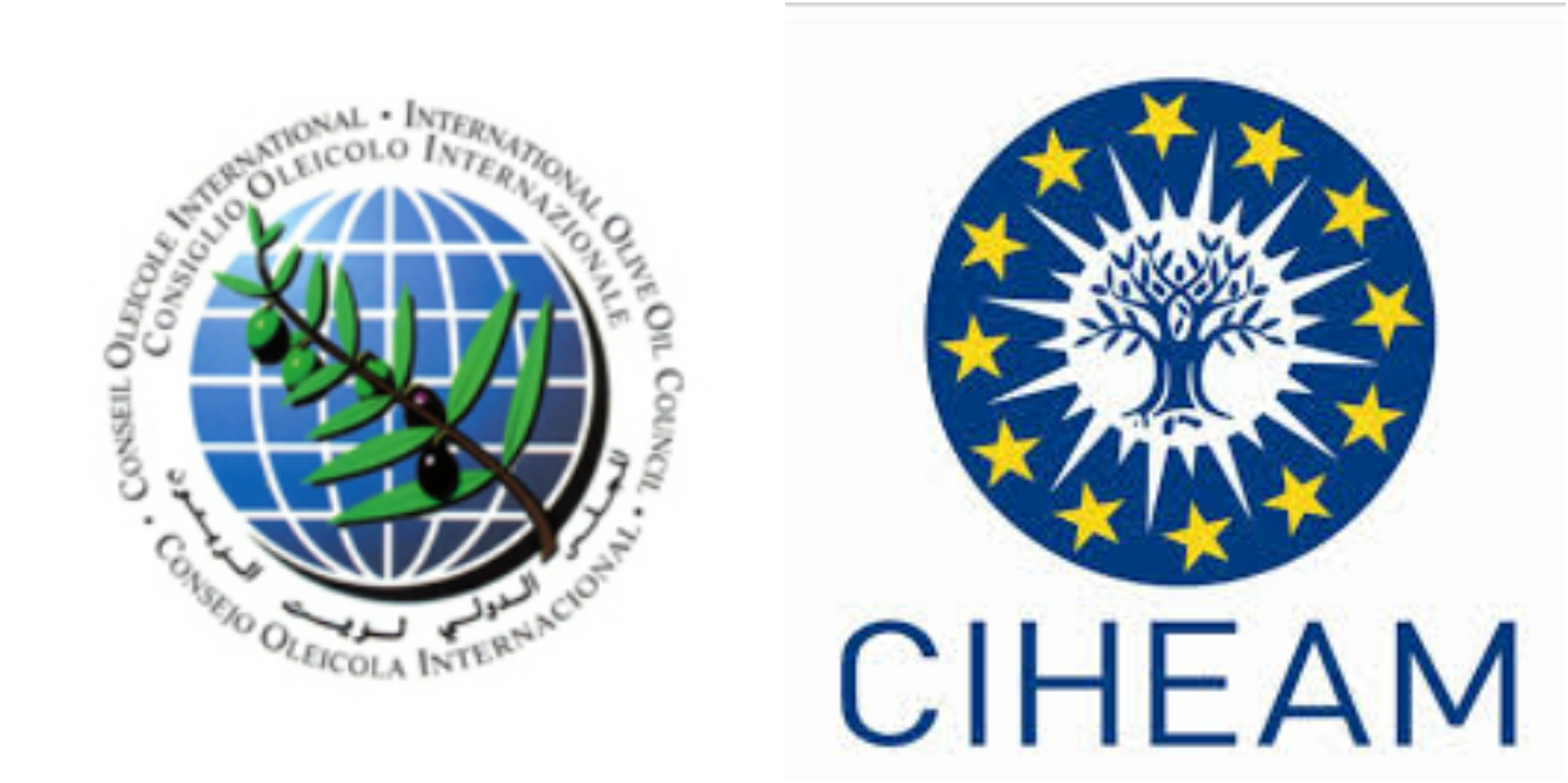The International Olive Council (IOC) and the International Centre for Advanced Mediterranean Agronomic Studies (CIHEAM), under the Memorandum of Understanding signed in July 2016, have organised a seminar on Xylella fastidiosa¸ the bacterium which, since 2013, has been causing the death of hundreds of olive trees in the Italian region of Apulia, raising grave concerns among all olive producing countries. This seminar is being held from 28 to 30 November at the Mediterranean Agronomic Institute in Bari (Italy).
The organisers’ objective is to examine the current situation and the development of the bacterium and to draw up recommendations and conclusions with a view to developing a technical guide containing guidelines for preventing, identifying, confining and combating this disease. The protocol that will be drawn up in collaboration with the CIHEAM, the Italian Research Council (CNR) and the Food and Agriculture Organization of the United Nations (FAO) will draw on the scientific research available and will build a control and certification instrument, for use not only by the authorities but also by technical experts assisting companies and supplying them with relevant information.
Following the inauguration speech by the Secretary-General of the CIHEAM, Mr Cosimo Cacirignola, the morning proceedings will be led by Mr Francesco Serafini, Head of the Department of Research & Development and Environment of the IOC, the afternoon proceedings being presided over by Ms Françoise Petter from the European and Mediterranean Plant Protection Organization (EPPO).
The meeting agenda includes a discussion of the preliminary results of monitoring tests carried out on the bacterium and its vectors, possible strategies, agricultural measures to combat the rapid decline syndrome in olive trees, plant certification, the main vectors of Xylella in the world, research projects launched by the European Union, the international standards on phytosanitary measures, Community and Italian legislation and the instruments provided by the Mediterranean Agronomic Institute and CIHEAM for the monitoring and early detection of the bacterium.
A number of experts will be speaking at this seminar: Mr G.P. Martelli and Mr F. Porcelli of the University of Bari, Ms M. Saponari and Dr D. Boccia of the Bari CNR, Mr B. Legendre of ANSES (French Agency for Food, Environmental and Occupational Health & Safety), Mr M. Scortichini and Ms M. Barba of the Council for Agricultural Research and Agricultural Economics Analysis (CREA), Ms A.M. D’Onghia and Mr V. Verrastro of CIHEAM, Ms A. Carlucci of the University of Foggia, Ms S. Brunel of the International Plant Protection Convention (IPPC – FAO), Mr H. Arijs of the Directorate General for Health and Food Safety (European Commission), Mr C. Xiloyannis of the University of Basilicata and Mr S. Schito (Puglia Region).
The participants, including Heads of Delegation of various IOC member countries and those appointed by them to participate in this seminar, will carry out a field trip on Tuesday to make themselves better acquainted with the symptoms of infestation and learn techniques for the collection of plant material and vector insect samples. They will also be able to observe the results of the first tolerance/resistance tests carried out on different olive varieties.
The morning of 30 November will be dedicated to information technology applied to the surveillance of the pathogen, to detection instruments and methods of diagnosis. The participants will be invited to attend a demonstration of a software application, XylApp, developed for the detection of the bacterium. This session will be presided over by Ms D’Onghia from the CIHEAM in Bari and presented by various experts of the same centre, Mr F. Santoro, Ms S. Gualano, Mr K. Djelouah and Mr Yaseen.
Bringing the seminar to a close, the Executive Director of the International Olive Council, Mr Abdellatif Ghedira, will present the conclusions on the measures to be adopted by farmers in order to prevent and limit the spread of Xylella fastidiosa.
,










